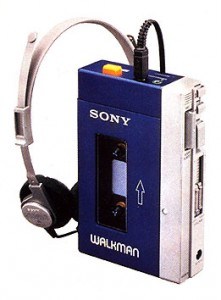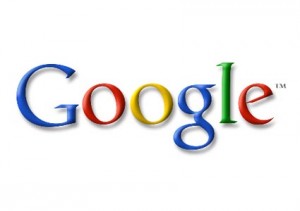 Clearwire’s often-unclear “network management” policies are the subject of a lawsuit filed yesterday in Seattle seeking class action status.
Clearwire’s often-unclear “network management” policies are the subject of a lawsuit filed yesterday in Seattle seeking class action status.
Angelo Dennings vs. Clearwire Corporation was filed in the Western District of Washington federal court, and seeks refunds for consumers who were mislead by the company’s failure to disclose its network speed throttling and usage limitations, and charged early termination fees when subsequently canceling service.
Clearwire promises that its high-speed Internet service provides a “fast” and “always on, always secure” Internet connection allowing users to “[d]ownload pictures, music and videos.” But Clearwire does not provide an “always on,” “high-speed” connection as it promises. Clearwire purposefully slows the connection of its users because it cannot accommodate the high volume of traffic. Clearwire engages in a practice known as “throttling,” which is the intentional delay and/or blocking of Internet communications. This practice deprives Clearwire customers of the ability to “[d]ownload music and videos,” and leads to slow connection speeds. Clearwire engages in throttling at times when demand for Internet use is highest, beginning at approximately 7:30 p.m. and ending at about 1:00-to-2:00 a.m.
If users attempt to cancel their service, Clearwire claims that, pursuant to its “contract” with them, it is entitled to collect an early termination or a re-stocking fee. The “contract” referred to by Clearwire is not a contract between it and its customers. The contract between Clearwire and its customers is simply that the customers will pay for, and Clearwire will provide, “unlimited” Internet usage at certain speeds, depending on the speed and payment plan selected in Clearwire’s stores, kiosks, or online.
The remaining “terms” invoked by Clearwire at its convenience are embedded in a document that consumers never see prior to subscribing to Clearwire’s service. Clearwire sells its services in its stores, kiosks at shopping centers, and online. Clearwire’s stores and kiosks do not have copies of this “contract” on hand for potential subscribers to read before they “agree” to its terms. Users who subscribe through Clearwire’s website never see the contract either because the link to it is at the bottom of a page, in substantially smaller font and lighter shade than all of the other text on the page. The text states: “Want to read the fine print (and who doesn’t read the fine print?) It’s all there in the CLEAR Legal Index.” No one wants to read fine print legalese and almost no one does. The statement is obviously and sharply ironic, and mocks anyone who may have been fussy enough to have considered continuing.
Despite not showing its terms to consumers, Clearwire refuses to allow users to cancel their service without paying the unconscionable fees it claims it is owed under this “contract.” These fees include an early termination fee (“ETF”), which penalizes consumers that want out before the end of the two-year term. Although Clearwire breached its contract with its customers, Clearwire insists on the payment of this ETF when customers realize they are not getting what they bargained for.
The suit argues that Clearwire has oversold its wireless broadband network, and allegedly quotes a company representative at one point telling Dennings, “Clearwire had signed up more customers than its cell towers could accommodate, and that therefore it was ‘managing’ users’ accounts.”
Attorney Clifford Cantor argues in the filing that Clearwire reduces customer speeds to 300kbps or lower when their network is congested, making the service unsuitable for most broadband applications. Dennings, who lives near Ft. Worth, Tex., was outraged to learn Clear sold him a home and mobile broadband account that was advertised as a replacement for wired cable or DSL broadband, but was left with service he considered largely useless when throttled. Even more upsetting, the suit alleges, Denning was asked to pay a $219 early contract termination and restocking fee when he tried to cancel service over the matter.
Cantor is asking for a court ruling declaring Clear’s policies to be unconscionable, attorneys’ fees of at least $5,000, and refunds for all impacted subscribers.
Thanks to Stop the Cap! reader Michael in Chicago for sending along a copy of the lawsuit. He runs the “Clear/Clearwire internet not as advertised” Facebook group.


 Subscribe
Subscribe









